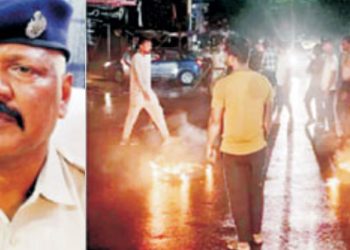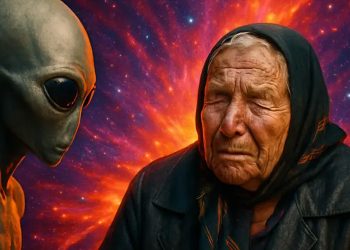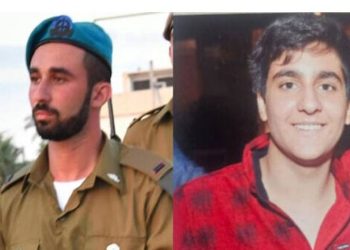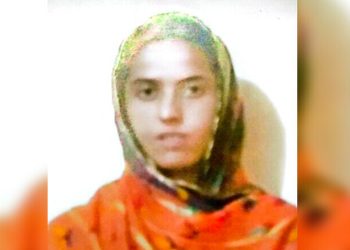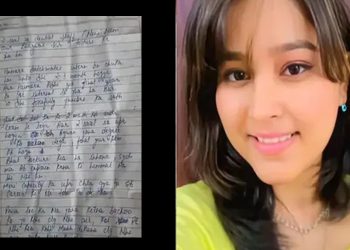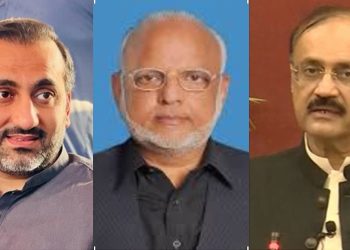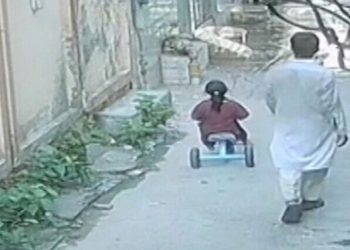The Bangladeshi government, led by Prime Minister Sheikh Hasina Wajid, announced a nationwide ban on Jamaat-e-Islami, its student wing Islami Chhatra Shibir, and other affiliated organizations on Thursday.
The government labeled these groups as “militant and terrorist” organizations, implementing the ban under an anti-terrorism law. The decision comes amidst weeks of violent protests that have resulted in over 200 deaths and thousands of injuries.
The recent unrest, which began on July 15, was initially fueled by student protests against the quota system for government jobs. However, the situation quickly escalated into widespread violence.
The government has accused Jamaat-e-Islami and its affiliates of orchestrating the violence. According to an official circular from the Ministry of Home Affairs, the ban is effective immediately.
Prime Minister Sheikh Hasina and her political allies have faced criticism for their handling of the protests. The government’s response has included a significant crackdown, with at least 211 fatalities and over 10,000 arrests reported across the country.
In response to the ban, Jamaat-e-Islami’s chief, Shafiqur Rahman, condemned the government’s actions, calling them anti-constitutional and denying any involvement in the violence.
Rahman accused the government of carrying out massacres to suppress a non-political movement led by students. He claimed that the protests have garnered support from teachers, cultural figures, journalists, and other professionals, who are united against what he described as government-perpetrated genocide.
The student protests have evolved into a broader movement challenging the ruling government, drawing widespread support from various segments of Bangladeshi society.









